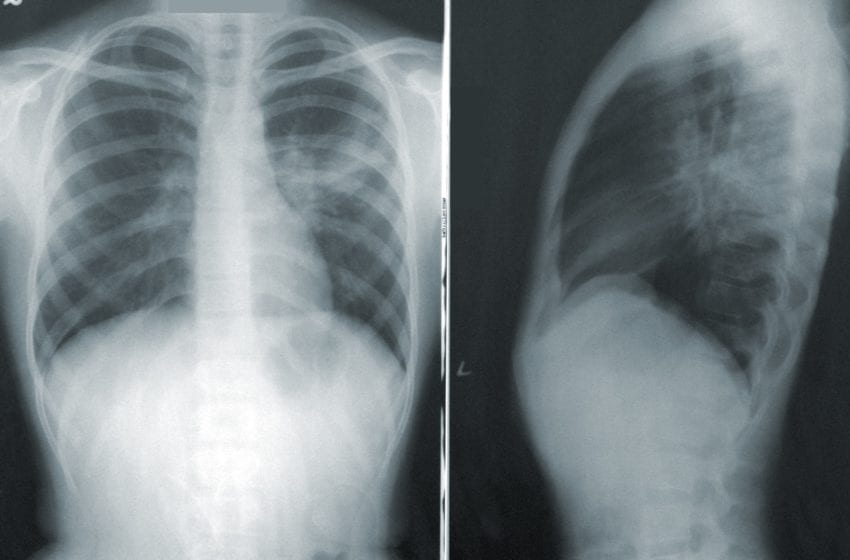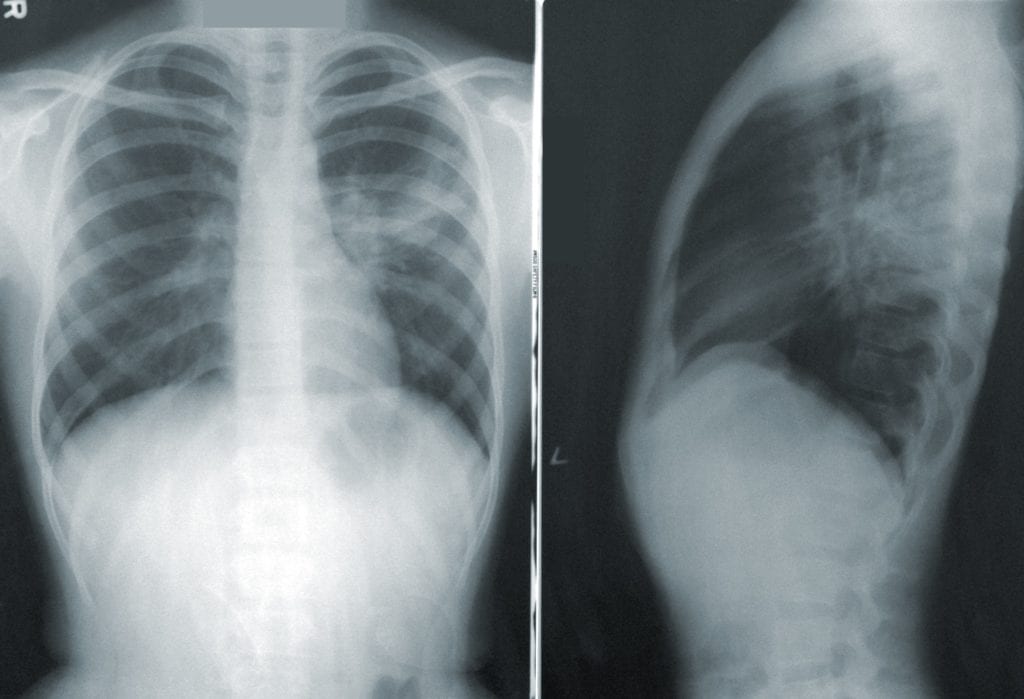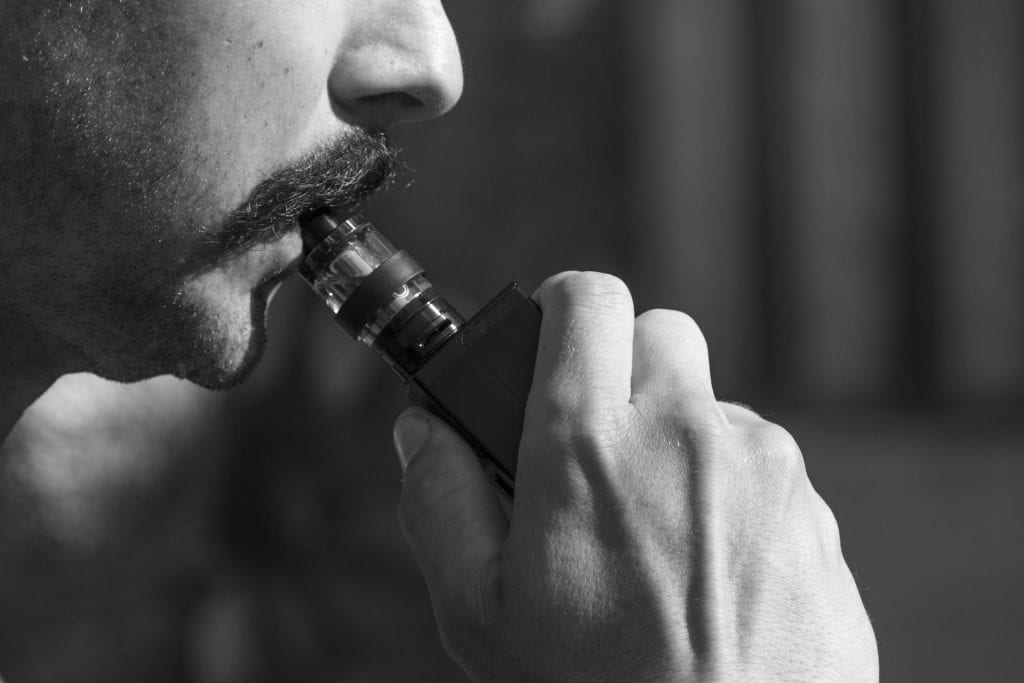The Canadian government has proposed restrictions on flavored vape products, which Health Canada acknowledges will result in increased combustible cigarette smoking. The justification for the flavor ban is that flavor restrictions will lessen youth vaping rates, according to the Canadian Vaping Association (CVA). However, youth rates are already in decline.

The Canadian Tobacco and Vaping Survey, 2020, found that youth vaping has declined since 2019. Currently, youth daily vaping is 4.7 percent and Health Canada expects the recently implemented nicotine ceiling will further reduce use and experimentation.
“Youth daily vaping and addiction rates are actually quite low and expected by tobacco control experts to continue to decline. Generally, youth vaping rates are discussed using data on the amount of youth that have tried vaping over the past 30 days,” said Darryl Tempest, executive director of the CVA. “This is a poor metric to base regulation on because it represents experimentation and not habitual use. Young people that try vaping once at a party are included in this figure. These surveys are also misleading because they include age of majority respondents. If these respondents were excluded from the survey, daily vaping among minors is around 2 percent.”
In a press release, Tempest stated that if other adult products were regulated consistently with the same concern as past 30-day vape use, both cannabis and alcohol would require severe restrictions, as both daily and past 30-day use prevalence are greater than nicotine vaping.
“Alcohol is considerably more harmful than nicotine vaping and despite its use being significantly more prevalent than vaping among youth, flavor restrictions have not been considered. This is likely because like vaping, youth are not drinking for flavors,” Tempest states. “Canada has set a goal to reduce tobacco use prevalence to 5 percent or less by 2035. Restricting flavors will push thousands of vapers back to smoking and jeopardize current smoking reduction targets. The CVA calls on Health Canada to forgo the flavor ban and instead focus on proven methods such as increased enforcement and education programs.”










